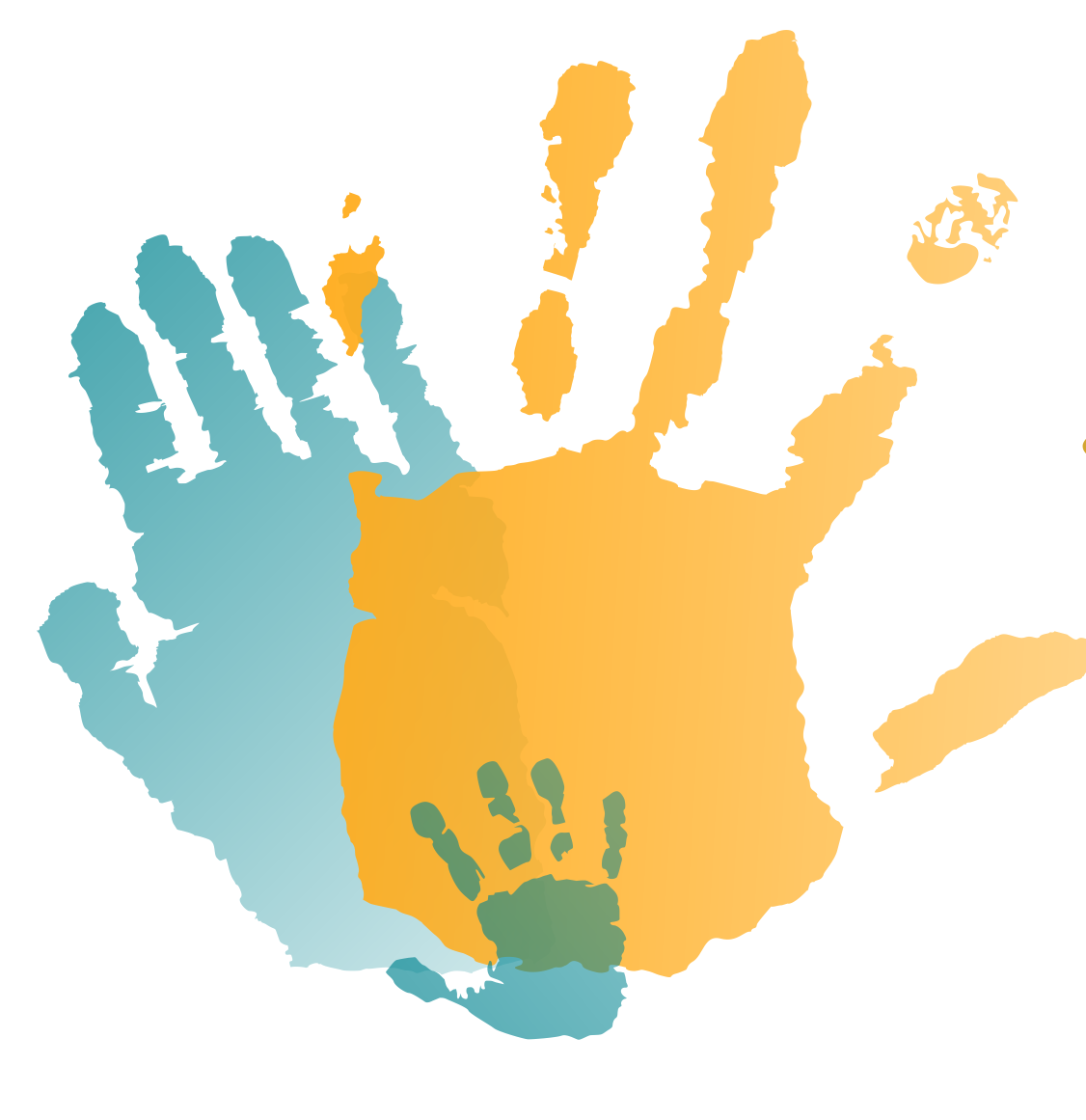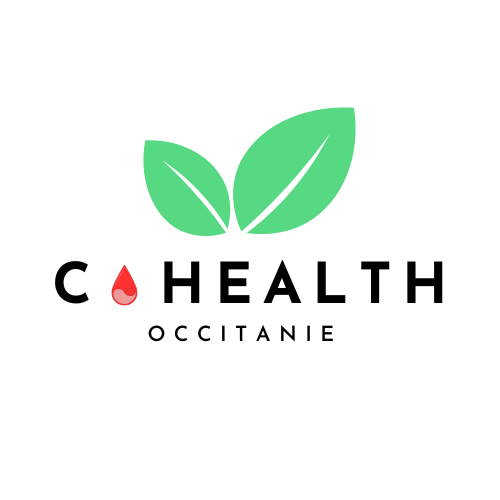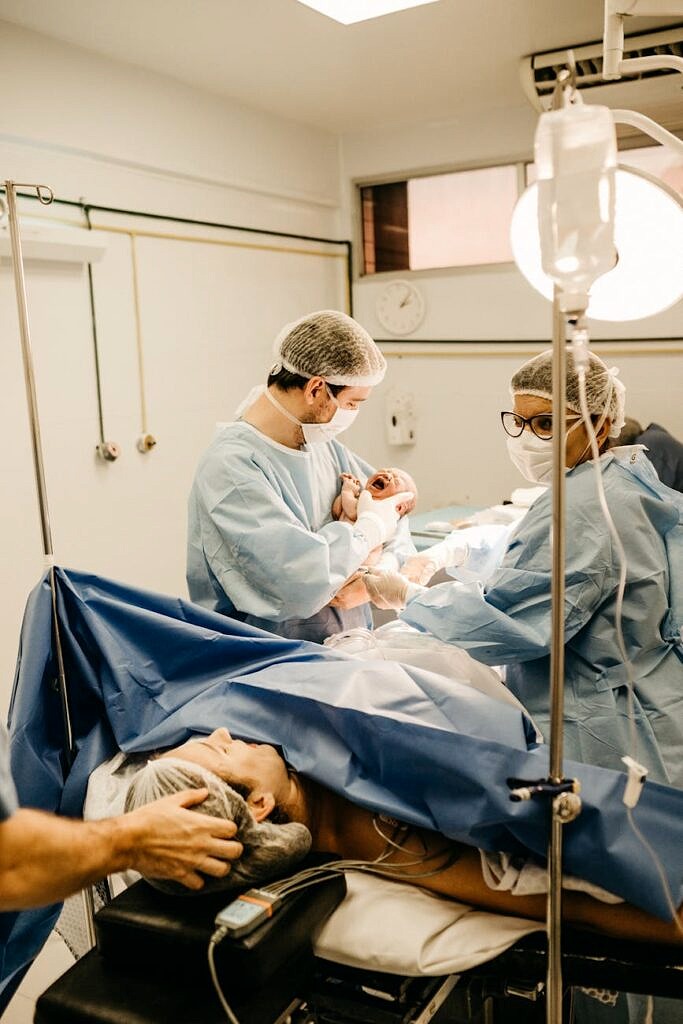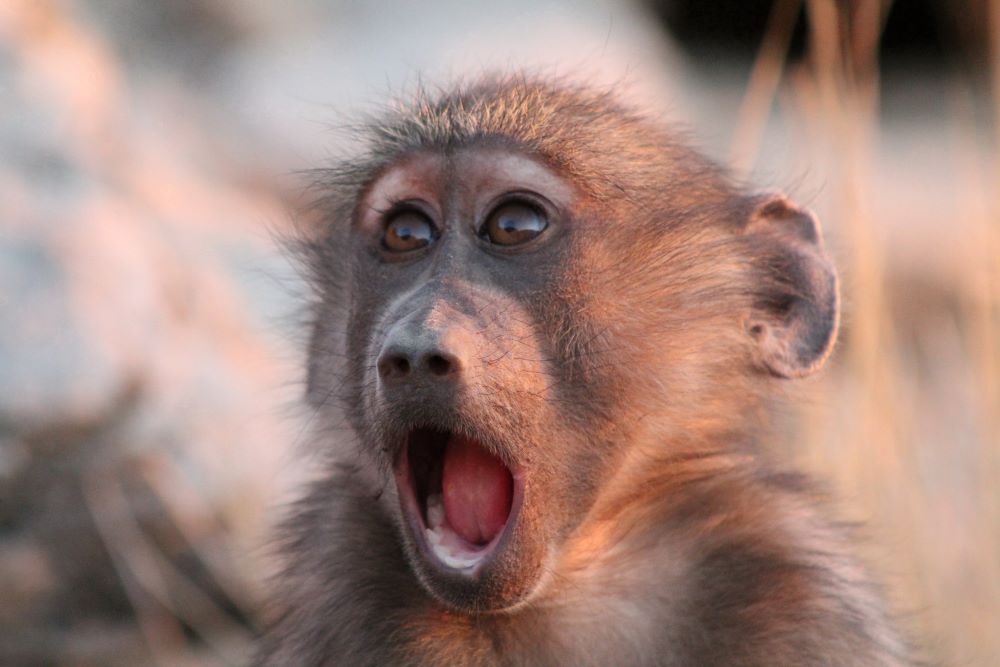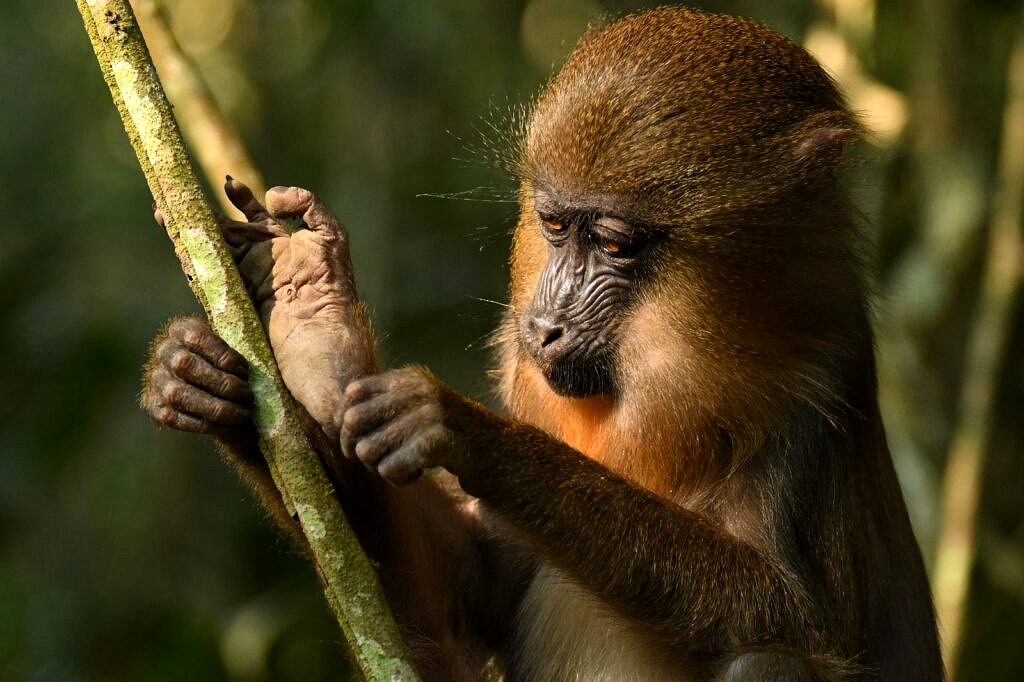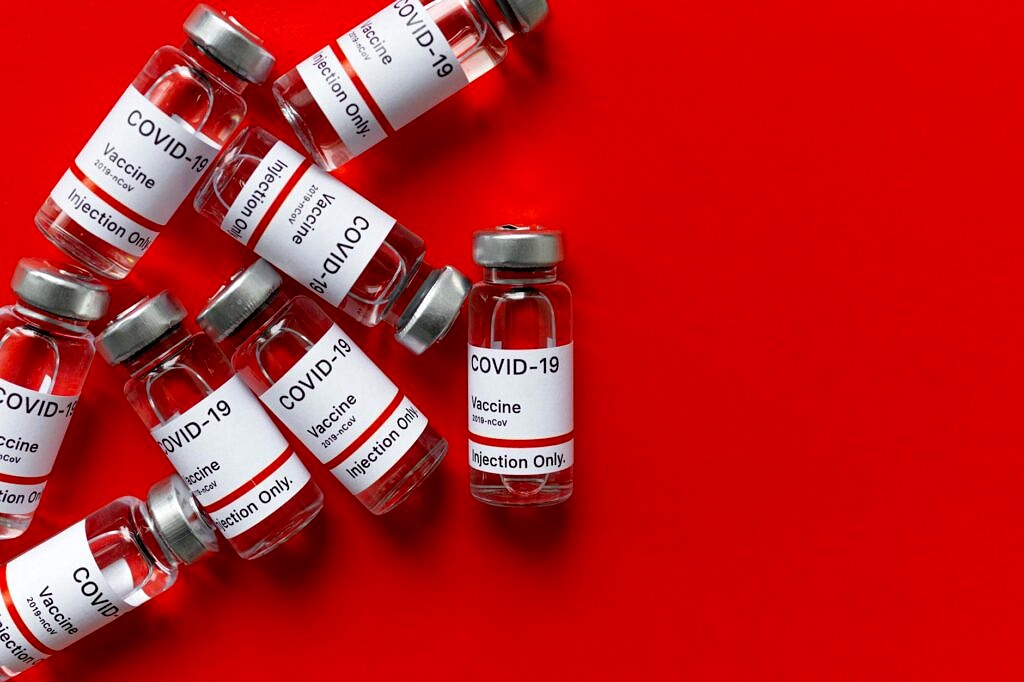The potential bidirectional relationship between long COVID and menstruation
Women have reported menstrual changes after infection with SARS-CoV-2, as well as variations in symptoms...
The evolution of male-female dominance relations in primate societies
Historically, it was widely assumed that males socially dominated females in most mammals. However,...
Female house ownership drives the positive association between matriliny and women's health in Meghalaya (India)
Matrilineal kinship, which traces descendants through the maternal line, has been shown to be beneficial to the health of...
Our projects
